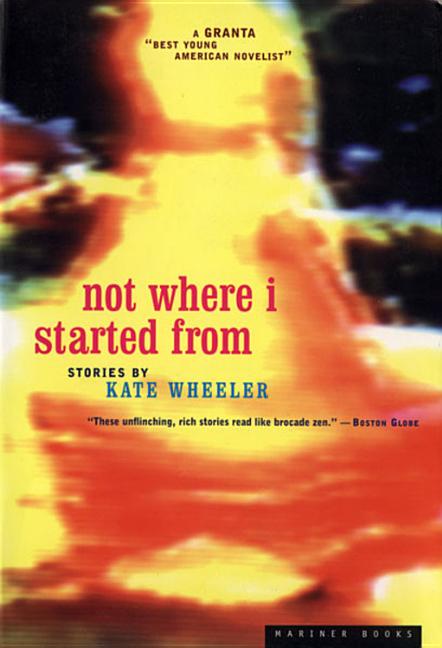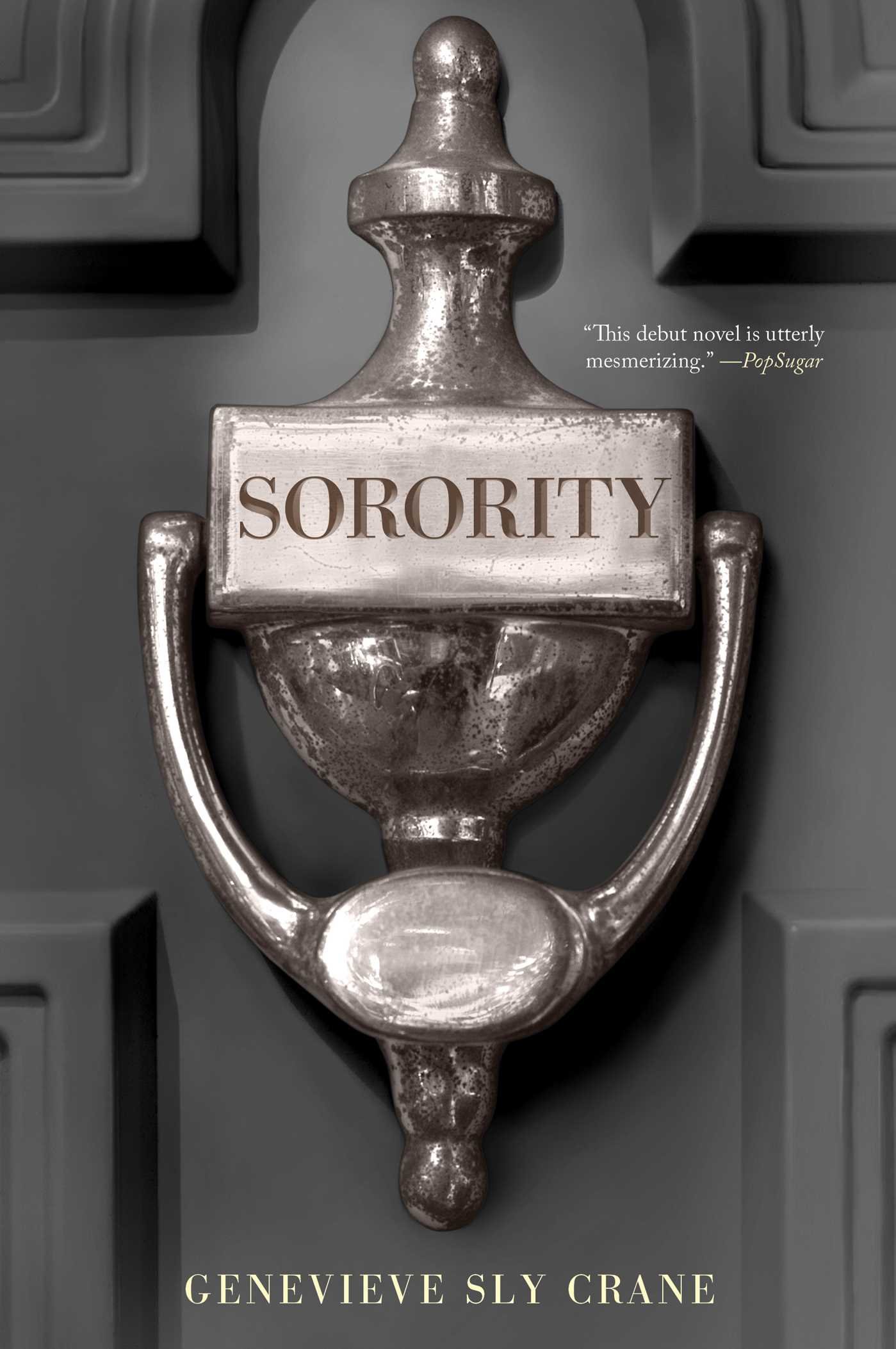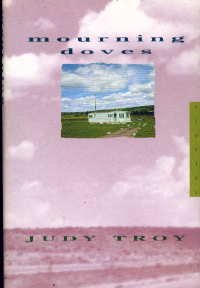Whiting Award Winners
Since 1985, the Foundation has supported creative writing through the Whiting Awards, which are given annually to ten emerging writers in fiction, nonfiction, poetry, and drama.
A week into our affair, Severo Marquez told me he had shot his own dog. He’d already told me about his crazy female cousin who locked herself into the bathroom every Sunday and pounded nails into her hands in bloody imitation of Christ, about the jars of ears he saw in Vietnam, and his dramatic escape from Cuba—swimming across Guantánamo Bay under fire, dragging a rowboat full of relatives to the safety of the American base. I’d also heard about his Mookie-dog, part beagle, part Doberman, so smart she could carry an envelope to Severo’s mother across a mile of Little Havana, or climb a tree to find Severo in a woman’s apartment. When he said he’d shot this unbelievable animal, his dearest friend, there was a crack in his voice through which I could see him doing it, and suddenly I wondered whether everything else I’d heard from Severo might also be the truth.

Still behind him was that damn coyote. A determined critter, he was. He hadn’t caught sight of him for at least an hour, but he felt his presence out there. At first he had feared him. Now he didn’t. If circumstances were different he might have welcomed the company of a coyote on a lonely walk on a snowy night. At best, the coyote’s presence was disconcerting. He was puzzled. Why would a coyote be so determined? Poor animal. It had been such a hard winter for man and beast.

What is the difference between beautiful girls and ordinary ones? My face was symmetrical. I’d taken Accutane. I wore the right things. None of it made a difference next to Tarryn. She had a shimmer about her, a light that I could never fully understand. I couldn’t even make eye contact with her. It was like staring at the headlights of a car on a dark road. Later, in my sorority, and even later at my job, I’d meet other women like her and wonder how they were made.

Annalee is sorting through a box of seed packets. She has a swollen lip; her boyfriend punched her this morning because she had run out of bacon. She walks over to Wynn’s truck and inspects her lips in the sideview mirror. “It’s really strange to have somebody hit you,” she says. “When I was in high school, a boy hit me once and I remember thinking, If he hits me again I’m going to kill him. Then he hit me again and I didn’t do anything.”

The congregation began to rustle in preparation for Sister Pearl. Sister Pearl had been the choir headmistress for forever and a day. She claimed many times that she lost her voice singing for the devil. Sometime in her twenties she decided she wanted to sing the dirty blues, like Aretha Franklin. She quit the church and started singing along the Chitlin Circuit in Chattanooga, Nashville, Louisville, and on up to Chicago. One day, she said, the Lord took her voice away, and that’s when she returned to church.

I think it was near one o’clock in the morning. Retching blood, Botho jerked his head back and forth, then lurched forward as though loosing his earthly form. This was followed by a sharp intake of breath, as though he was trying to suck it back in again. The bullet had lodged near his shoulder; it had not damaged his throat, and he could still utter, “I’ll pay the devil my soul twice over to watch you hang.” That sentence seemed to take an eternity to work its way through. I all but felt his grimace clamp down on my heart; blood bubbled along his lips.

A week into our affair, Severo Marquez told me he had shot his own dog. He’d already told me about his crazy female cousin who locked herself into the bathroom every Sunday and pounded nails into her hands in bloody imitation of Christ, about the jars of ears he saw in Vietnam, and his dramatic escape from Cuba—swimming across Guantánamo Bay under fire, dragging a rowboat full of relatives to the safety of the American base. I’d also heard about his Mookie-dog, part beagle, part Doberman, so smart she could carry an envelope to Severo’s mother across a mile of Little Havana, or climb a tree to find Severo in a woman’s apartment. When he said he’d shot this unbelievable animal, his dearest friend, there was a crack in his voice through which I could see him doing it, and suddenly I wondered whether everything else I’d heard from Severo might also be the truth.

Still behind him was that damn coyote. A determined critter, he was. He hadn’t caught sight of him for at least an hour, but he felt his presence out there. At first he had feared him. Now he didn’t. If circumstances were different he might have welcomed the company of a coyote on a lonely walk on a snowy night. At best, the coyote’s presence was disconcerting. He was puzzled. Why would a coyote be so determined? Poor animal. It had been such a hard winter for man and beast.

What is the difference between beautiful girls and ordinary ones? My face was symmetrical. I’d taken Accutane. I wore the right things. None of it made a difference next to Tarryn. She had a shimmer about her, a light that I could never fully understand. I couldn’t even make eye contact with her. It was like staring at the headlights of a car on a dark road. Later, in my sorority, and even later at my job, I’d meet other women like her and wonder how they were made.

Annalee is sorting through a box of seed packets. She has a swollen lip; her boyfriend punched her this morning because she had run out of bacon. She walks over to Wynn’s truck and inspects her lips in the sideview mirror. “It’s really strange to have somebody hit you,” she says. “When I was in high school, a boy hit me once and I remember thinking, If he hits me again I’m going to kill him. Then he hit me again and I didn’t do anything.”

The congregation began to rustle in preparation for Sister Pearl. Sister Pearl had been the choir headmistress for forever and a day. She claimed many times that she lost her voice singing for the devil. Sometime in her twenties she decided she wanted to sing the dirty blues, like Aretha Franklin. She quit the church and started singing along the Chitlin Circuit in Chattanooga, Nashville, Louisville, and on up to Chicago. One day, she said, the Lord took her voice away, and that’s when she returned to church.

I think it was near one o’clock in the morning. Retching blood, Botho jerked his head back and forth, then lurched forward as though loosing his earthly form. This was followed by a sharp intake of breath, as though he was trying to suck it back in again. The bullet had lodged near his shoulder; it had not damaged his throat, and he could still utter, “I’ll pay the devil my soul twice over to watch you hang.” That sentence seemed to take an eternity to work its way through. I all but felt his grimace clamp down on my heart; blood bubbled along his lips.
